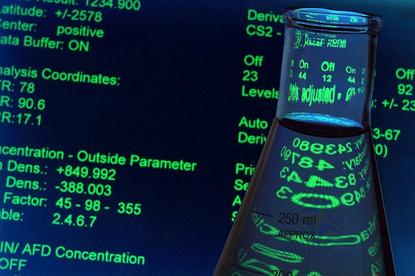Translational Research Institute upgrades storage for medical research
- 05 June, 2013 11:32

Brisbane-based Translational Research Institute (TRI) has implemented a new high performance computing (HPC) storage system to help with medical research into cancer and HIV treatment.
The SGI infrastructure includes 2200 compute cores, 4 terabytes of memory and over 1 petabyte of high performance storage. Up to 3 petabytes of historical data will be stored on tape and available via SGI's data migration facility system.
The offering will store the massive amounts of data that high resolution gene sequencers and microscopes generate.
Research projects drive CQUniversity Australia storage expansion
Online storage supports ASKAP, MWA projects
Sydney Uni seeks HPC energy cost reduction with new algorithms
According to TRI COO Doctor Kate Johnston, researchers will have access to the necessary technology and facilities in one location, which will increase work productivity.
"Scientists are essentially looking for the veritable needle in a haystack in amongst this data," she said in a statement. "Without the correct technology to do this it could take researchers years to find their needle."
Johnston added that the high performance cluster will provide researchers with the computing power they need in order to analyse and store their large experimental datasets.
TRI will focus on advanced treatments and therapies for cancers, diabetes, inflammatory diseases, malaria, bone and joint diseases and obesity.
The Institute is a joint venture between the University of Queensland Diamantina Institute, Queensland University of Technology’s Institute of Health and Biomedical Innovation, Mater Medical Research Institute and the Princess Alexandra Hospital’s Centres for Health Research.
Follow Hamish Barwick on Twitter: @HamishBarwick
Follow CIO Australia on Twitter and Like us on Facebook… Twitter: @CIO_Australia, Facebook: CIO Australia, or take part in the CIO conversation on LinkedIn: CIO Australia

